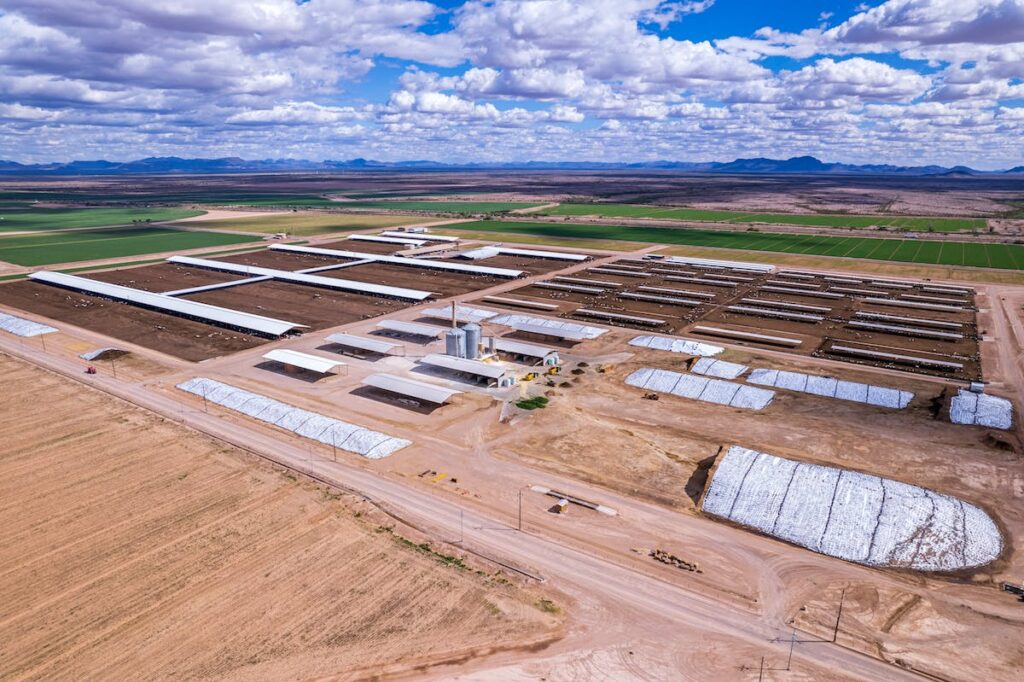
The Environmental Impact of Animal-Based Protein Sources

Animal-based protein sources, such as beef, pork, and poultry, have a significant environmental impact. Here are some of the ways animal agriculture affects our environment:
Land Use: Animal agriculture is responsible for significant deforestation as forests are cleared to create grazing land and grow feed crops for livestock.
Water Use: Animal agriculture is a major user of water, accounting for up to 30% of global freshwater consumption. Livestock requires a lot of water to drink, and also to grow feed crops.
Greenhouse Gas Emissions: Animal agriculture is a significant contributor to greenhouse gas emissions, accounting for 14.5% of global emissions. Livestock releases methane during digestion, and manure also releases carbon dioxide and methane.
Air and Water Pollution: Livestock produce waste that can pollute water and air. The waste contains high levels of nitrogen and phosphorus, which can lead to algae blooms and other harmful effects.
Biodiversity: Deforestation and the conversion of land for animal agriculture reduces biodiversity and threatens the survival of many plant and animal species.
The environmental impact of animal-based protein sources is significant, and it’s important to consider the impact of our food choices on the planet. Choosing plant-based protein sources or reducing our meat consumption can help reduce the environmental impact of our diets.





